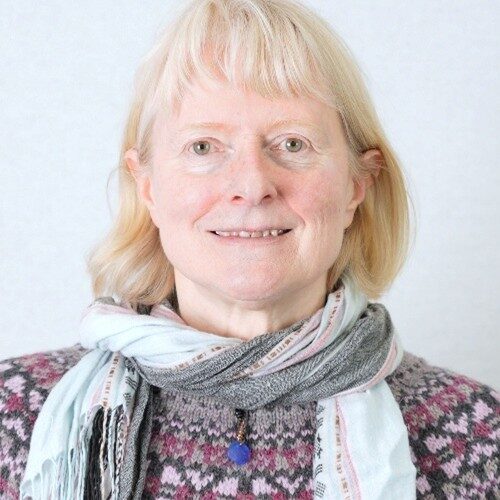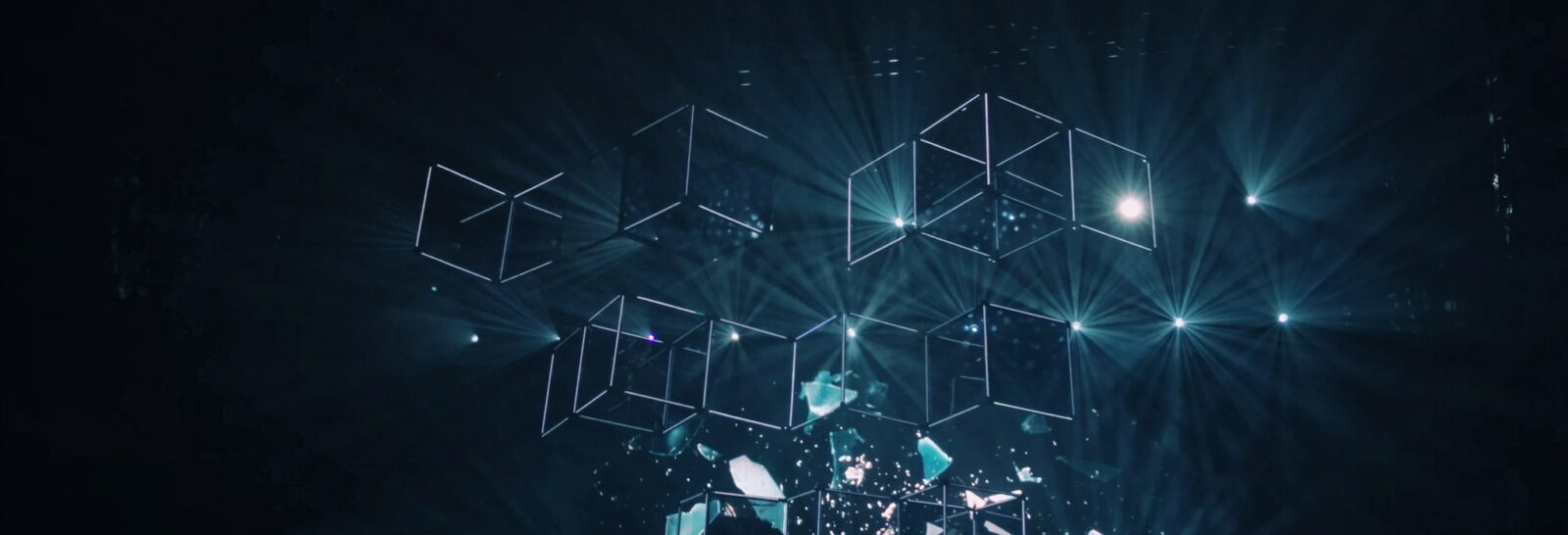Professor Elham Kashefi, Chair
Elham is Professor of Quantum Computing at the School of Informatics, University of Edinburgh, and Directeur de recherche au CNRS at LIP6 Sorbonne Université. She co-founded the fields of quantum cloud computing and quantum computing verification and has pioneered a transdisciplinary interaction of hybrid quantum-classical solutions from theoretical investigation to actual experimental and industrial commercialisation. Elham is seconded 30% of her time from University of Edinburgh to the NQCC in her capacity as Chief Scientist.
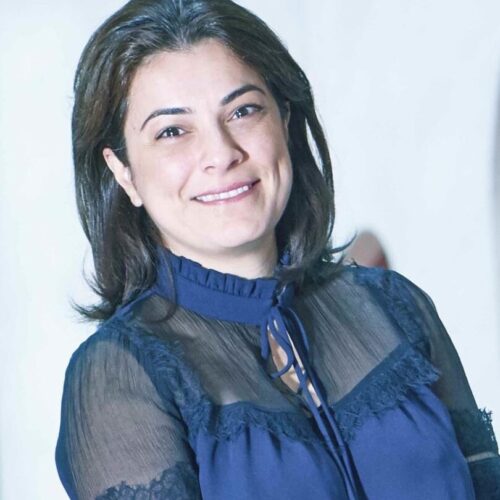
Professor Mag. Dr Barbara Kraus
Barbara studied physics and mathematics at the University of Innsbruck. After post-doctoral stays at the MPI for Quantum Optics, Garching and at the University of Geneva, she returned to the University of Innsbruck, where she became in 2013 associate professor and in 2020 professor. In 2023, she was appointed to the professorship of Quantum Algorithms and Applications at TUM. Her research group is working on identifying new, feasible applications within quantum information processing and on the verification of quantum processors.
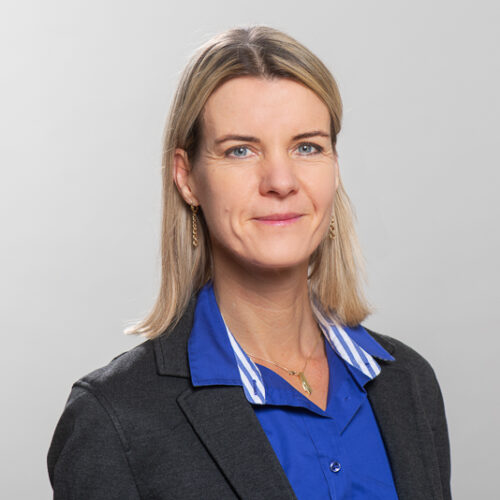
Dr Donatella Cassettari
Dr Donatella Cassettari is an experimentalist with over 25 years of experience in cold atom physics. She gained her PhD on one of the first experiments on atoms chips. She then went on to work on optical lattices, quantum chaos, Feshbach resonances, and vacuum studies with cold atoms. Her current research programme focuses on holographic optical traps. Holographic traps are realised by shaping the intensity profile of a laser beam using a spatial light modulator, and they allow the creation of many different trapping geometries. Dr Cassettari’s achievements have been in laying the foundations of this technique, in the development of the numerical methods needed for hologram calculation, and in the identification of new experimental scenarios that holographic traps enable. Holographic traps have inherent versatility and can be applied to different goals in the field of quantum sensing and quantum computation.
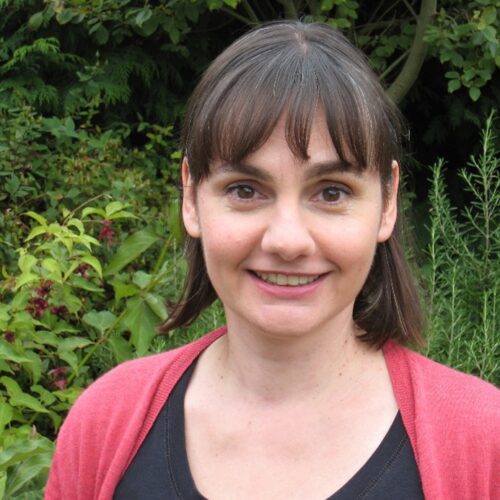
Professor Gerard Milburn
Gerard Milburn obtained a PhD in theoretical Physics from the University of Waikato in 1982 for work on squeezed states of light and quantum non demolition measurements. He is currently lecturer in the School of Mathematics and Physics at Sussex University, and Quantum Fellow at the National Quantum Computing Centre at Rutherford National Laboratory.
Gerard Milburn is a Fellow of the Royal Society of London, Fellow of the Australian Academy of Science and the American Physical Society. He is the author of five books including Quantum Optics (with Dan Walls), Quantum Measurement and Control (with Howard Wiseman) and Quantum Optomechanics (with Warwick Bowen).
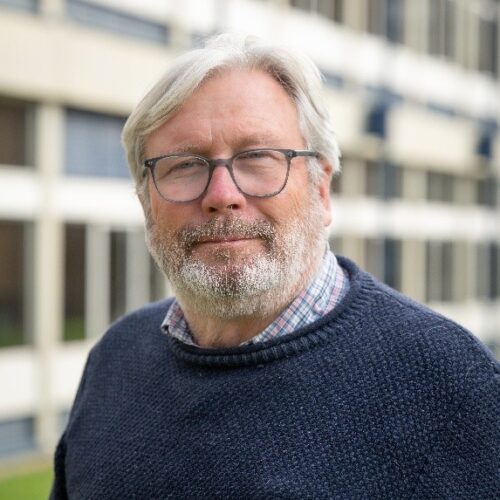
Dr Jonathan Burnett
Jonathan has led large-scale R&D activities in quantum computation, quantum hardware, and quantum control architectures in the UK and Sweden. After completing his MSc in Physics at Royal Holloway, University of London, and his PhD on decoherence effects in superconducting circuits at RHUL and NPL, Jonathan’s career has spanned top-tier research institutions such as London Centre for Nanotechnology, UC; Wallenberg Centre for Quantum Technology at Chalmers University, Sweden, and NPL, where he worked to improve coherence times in superconducting qubits. Most recently, Jonathan played a pivotal role at Oxford Quantum Circuits, serving as Head of Quantum Hardware, Lead of Quantum Systems, and Director of Hardware Engineering.
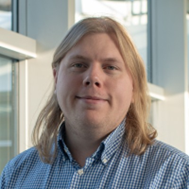
Professor Martin Dawson
Martin Dawson FRS is Distinguished Professor and Director of Research at the University of Strathclyde’s Institute of Photonics, which he helped establish 30 years ago. He was also, from 2012-2024 inclusive, the inaugural Head and Scientific Director of the UK’s first Fraunhofer research centre, the Fraunhofer Centre for Applied Photonics (Fh-CAP), at which he is now Director Emeritus and Senior Advisor. Prof. Dawson is known for his wide-ranging contributions to research on lasers and semiconductor optoelectronics and in the translation of the resulting technologies to industry. He has been a champion and advocate of quantum technology for over 15 years, ensuring recognition of this topic by the EPSRC ICT programme during its Shaping Capability exercise, helping to make the case for investment in the Quantum Technology Hubs as a member of EPSRC’s Quantum Technologies Working Group in 2013, being a member of EPSRC’s Cross-SAT/SAN Quantum Technologies Advisory Group (2017/18), and being a researcher in the Quantum Technology Hubs during the first two phases of the national programme. He drove this theme into Fh-CAP’s strategic plan and has overseen Fh-CAP’s very strong engagement in supporting companies to develop and apply this technology for over a decade. Martin holds fellowships of the Royal Society, Royal Society of Edinburgh, IEEE, Optica and Institute of Physics and his contributions were central to the award of the Queen’s Anniversary Prize to the University of Strathclyde in 2023 for ‘Excellence, Innovation and Entrepreneurship in Photonics’.
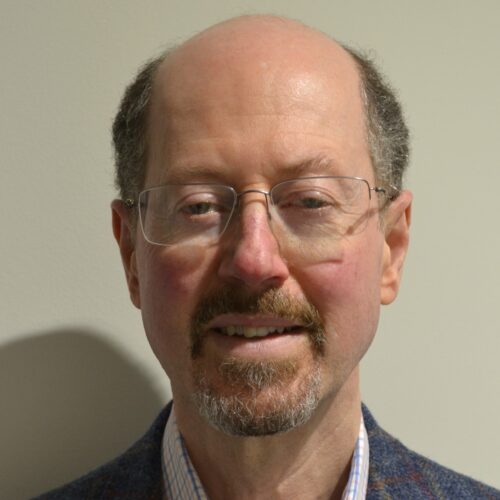
Dr Michael Cuthbert
With a background in superconductivity and cryogenic systems, Michael has had a number of technical and commercial leadership roles with Oxford Instruments in Japan, the US and the UK, most recently as Head of Quantum Technologies. Michael is a member of the Institute of Physics and sits on several advisory panels, including the NQTP Strategic Advisory Board.
Michael is Aegis Professor in Quantum Technologies at the University of Bristol.
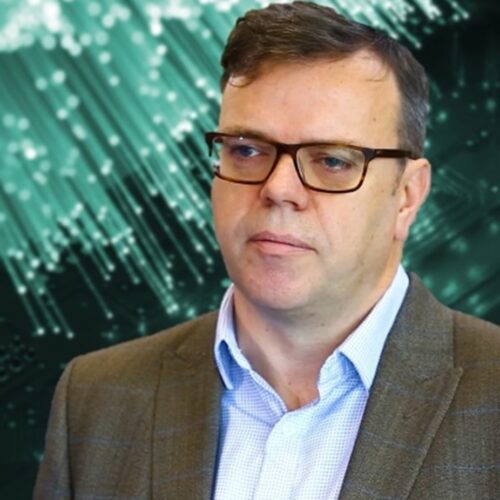
Dr Tobias Lindstrom
Tobias received his PhD in Physics from Chalmers University of Technology, Sweden, in 2005. He joined NPL 2012 and is now a Principal Scientist in the Department of Quantum Technologies. In 2024 he became the Head of Science for the department.
Tobias research interests include many aspects of solid-state quantum information processing. In particular the study of decoherence mechanisms and other topics related to the materials used to fabricate quantum circuits. He is also involved in the development of novel methods and instruments for characterising quantum circuits. Tobias is active in several organisations developing international standards for quantum technology.
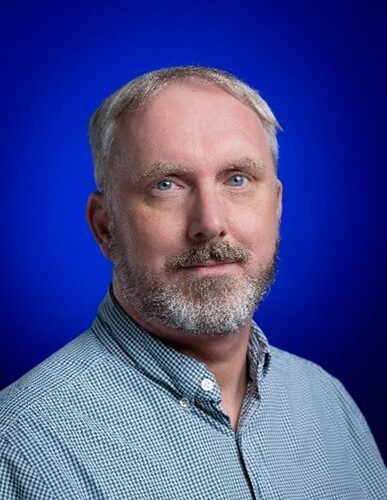
Professor Viv Kendon
Viv Kendon is a physicist bringing together computational scientists and engineers with quantum computing experts to develop practical quantum algorithms. She is known for her work on quantum versions of random walks and their applications to quantum annealing and quantum optimisation problems. She leads the Collaborative Computational Project on Quantum Computing (CCP-QC) and led the Excalibur cross-cutting project QEVEC (Quantum Enhanced and Verified Exascale Computing), and is Theme co-lead for applications in the quantum technology Hub for Quantum Computing via Integrated and Interconnected Implementations (QCI3).
